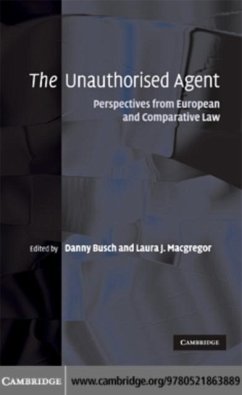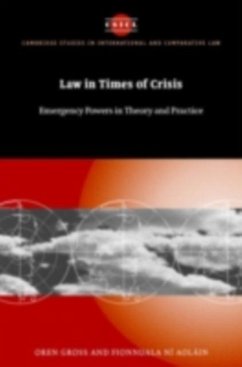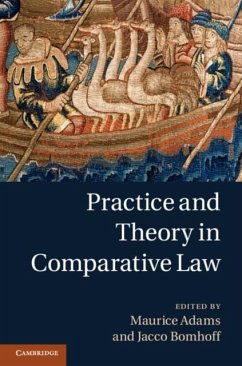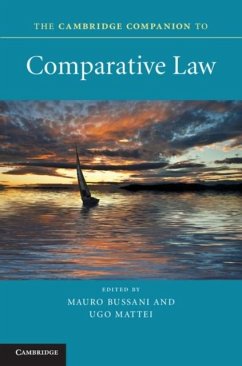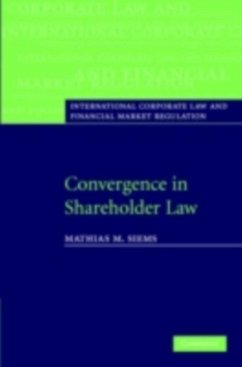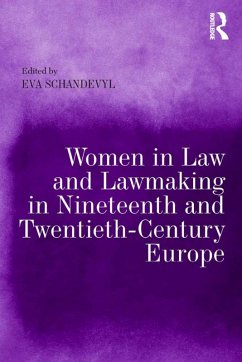
Due Process of Lawmaking (eBook, PDF)
The United States, South Africa, Germany, and the European Union

PAYBACK Punkte
12 °P sammeln!
With nuanced perspective and detailed case studies, Due Process of Lawmaking explores the law of lawmaking in the United States, South Africa, Germany, and the European Union. This comparative work deals broadly with public policymaking in the legislative and executive branches. It frames the inquiry through three principles of legitimacy: democracy, rights, and competence. Drawing on the insights of positive political economy, the authors explicate the ways in which courts uphold these principles in the different systems. Judicial review in the American presidential system suggests lessons fo...
With nuanced perspective and detailed case studies, Due Process of Lawmaking explores the law of lawmaking in the United States, South Africa, Germany, and the European Union. This comparative work deals broadly with public policymaking in the legislative and executive branches. It frames the inquiry through three principles of legitimacy: democracy, rights, and competence. Drawing on the insights of positive political economy, the authors explicate the ways in which courts uphold these principles in the different systems. Judicial review in the American presidential system suggests lessons for the parliamentary systems in Germany and South Africa, while the experience of parliamentary government yields potential insights into the reform of the American law of lawmaking. Taken together, the national experiences shed light on the special case of the EU. In dialogue with each other, the case studies demonstrate the interplay between constitutional principles and political imperatives under a range of different conditions.
Dieser Download kann aus rechtlichen Gründen nur mit Rechnungsadresse in A, B, BG, CY, CZ, D, DK, EW, E, FIN, F, GR, HR, H, IRL, I, LT, L, LR, M, NL, PL, P, R, S, SLO, SK ausgeliefert werden.





